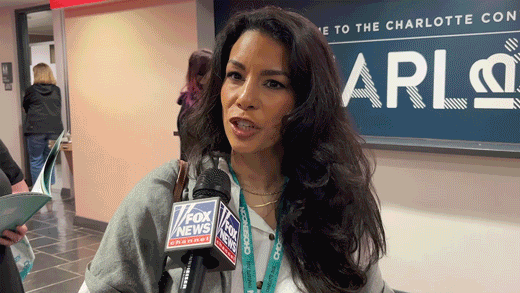Trump-backed Dan Cox wins Maryland gubernatorial primary
Republican gubernatorial candidate Dan Cox discusses his win in Tuesday's Maryland primary
The New York Times published a series of op-eds by its opinion columnists Thursday that began with the phrase "I Was Wrong About." As part of the collection, Bret Stephens admitted he was wrong to label Trump supporters "appalling."
Stephens said, "The worst line I ever wrote as a pundit" was the first he ever wrote about Trump: "If by now you don’t find Donald Trump appalling, you’re appalling."
"This opening salvo, from August 2015, was the first in what would become dozens of columns denouncing Trump as a unique threat to American life, democratic ideals and the world itself," he continued.
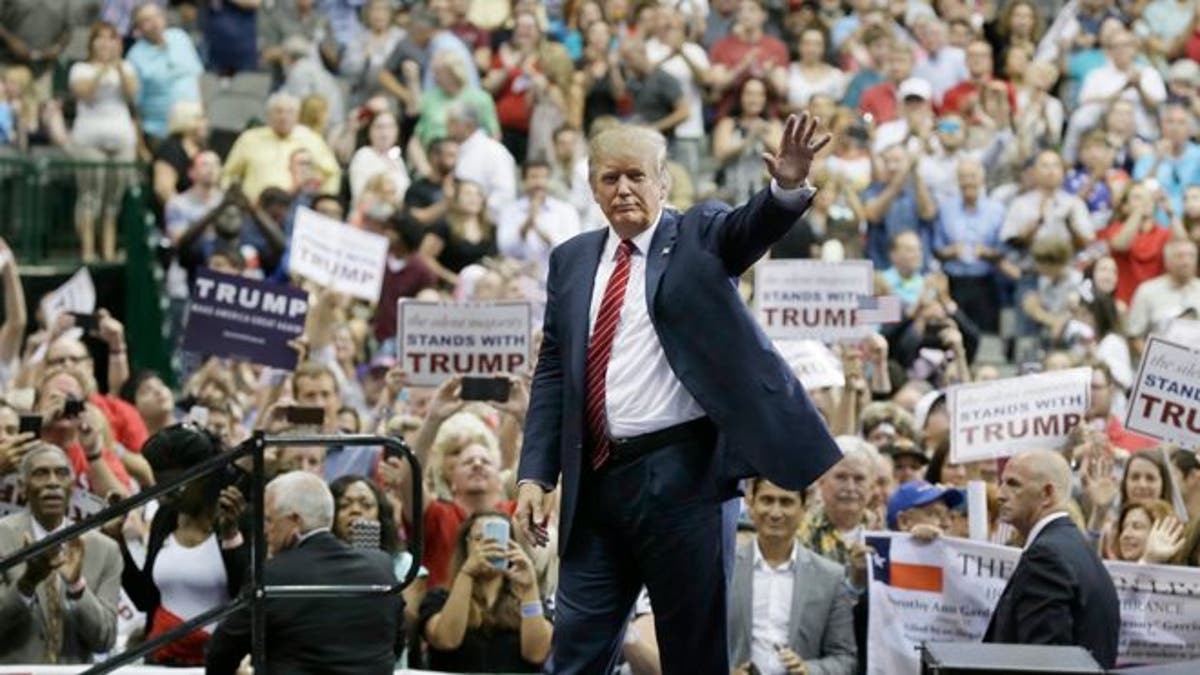
Republican presidential candidate Donald Trump waves to supporters after speaking at a campaign event in Dallas, Monday, Sept. 14, 2015. (AP Photo/LM Otero)
Stephens said he "regret[s] almost nothing of what I said about the man and his close minions" but that "the broad swipe at his voters caricatured them and blinkered me."
"It also probably did more to help than hinder Trump’s candidacy. Telling voters they are moral ignoramuses is a bad way of getting them to change their minds," he continued. "What were they seeing that I wasn’t?" he pondered.
"What Trump’s supporters saw was a candidate whose entire being was a proudly raised middle finger at a self-satisfied elite that had produced a failing status quo," he asserted.
"I was blind to this," Stephens admitted. "I belonged to a social class that my friend Peggy Noonan called ‘the protected’," he said and acknowledged his own financial luxuries.
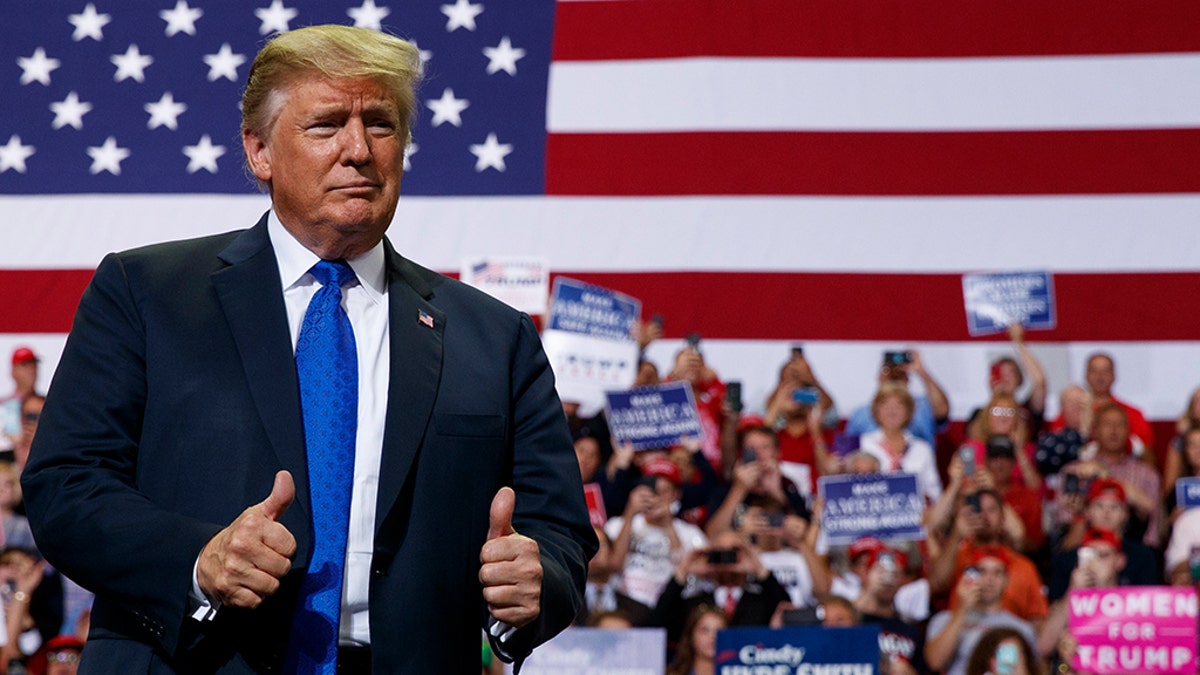
President Trump at a Mississippi rally in 2018.. (AP)
"Trump’s appeal, according to Noonan, was largely to people she called ‘the unprotected.’ Their neighborhoods weren’t so safe and pleasant. Their schools weren’t so excellent. Their livelihoods weren’t so secure," he wrote. "Their experience of America was often one of cultural and economic decline, sometimes felt in the most personal of ways."
"It was an experience compounded by the insult of being treated as losers and racists —clinging, in Obama’s notorious 2008 phrase, to ‘guns or religion or antipathy toward people who aren’t like them,'" Stephens wrote.
"No wonder they were angry."
NEW LOW: BIDEN APPROVAL RATING HITS ALL-TIME LOW, ONLY 19% SUPPORT AMONG HISPANICS, POLL SHOWS
Stephens admitted Trump supporters' anger was not "unfounded or illegitimate" nor "aimed at the wrong target."
"Trump voters had a powerful case to make that they had been thrice betrayed by the nation’s elites," Stephens conceded. "First, after 9/11, when they had borne much of the brunt of the wars in Iraq and Afghanistan, only to see Washington fumble and then abandon the efforts," he wrote.
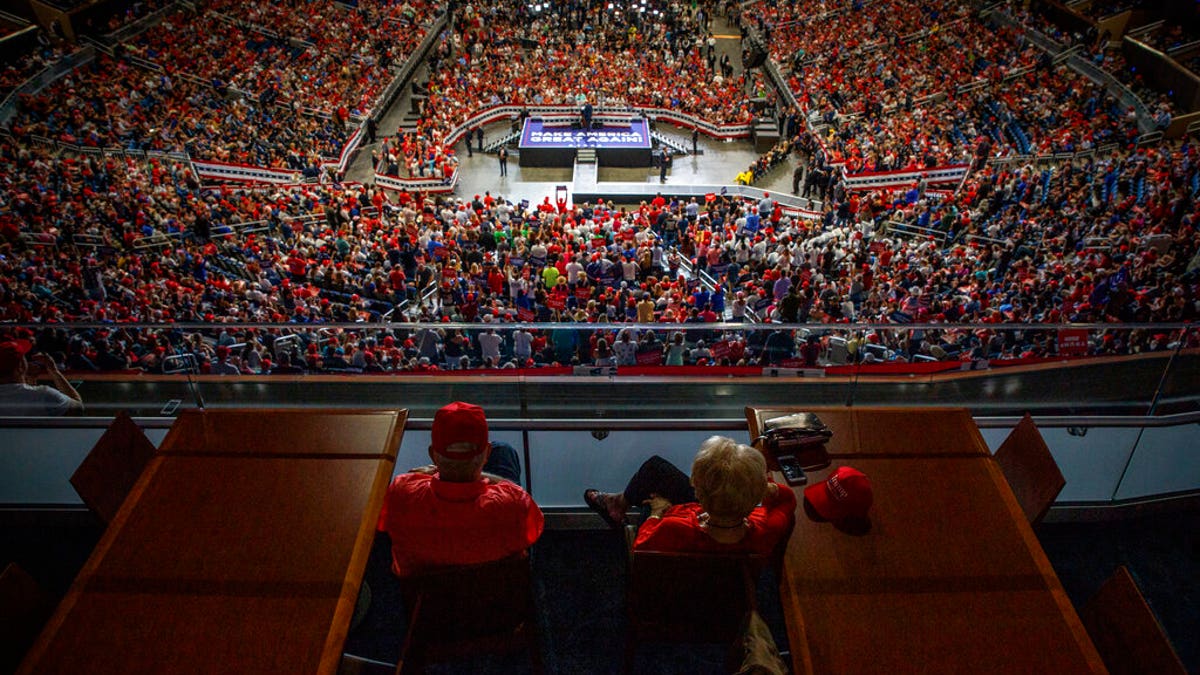
President Donald Trump speaks during his re-election kickoff rally at the Amway Center, Tuesday, June 18, 2019, in Orlando, Fla. (AP Photo/Evan Vucci)
"Second, after the financial crisis of 2008, when so many were being laid off, even as the financial class was being bailed out," he continued. "Third, in the post-crisis recovery, in which years of ultralow interest rates were a bonanza for those with investable assets and brutal for those without."
Stephens also cited "the great American cultural revolution" that occurred in the 2010s in which "traditional practices and beliefs" shifted.
"It’s one thing for social mores to evolve over time, aided by respect for differences of opinion. It’s another for them to be abruptly imposed by one side on another, with little democratic input but a great deal of moral bullying," Stephens remarked.
Stephens also admitted the Russian collusion narrative - "the Steele dossier and all the bogus allegations, credulously parroted in the mainstream media, that flowed from it" - that marred Trump's presidency was an "elaborate hoax" and that "there’s just no other word for it".
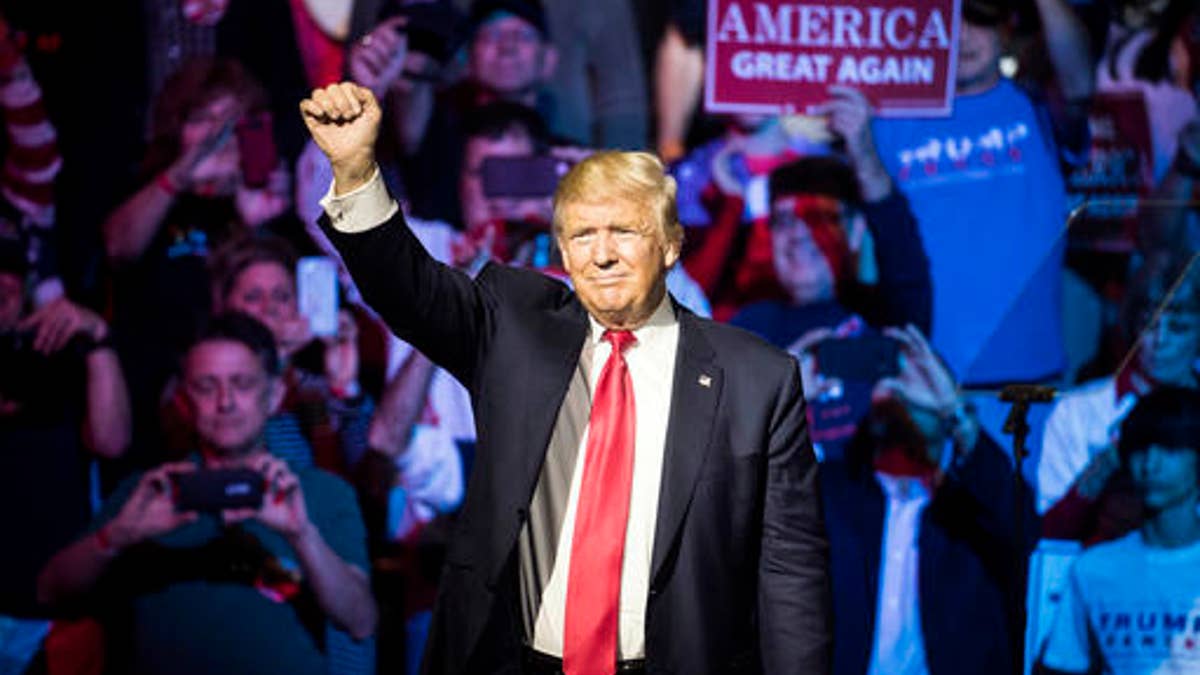
Republican presidential candidate Donald Trump waves to the crowd during a campaign rally, Thursday, Oct. 13, 2016, in Cincinnati. (AP Photo/John Minchillo)
Despite this revelation, Stephens argued that he would not be "morally" wrong to "lambaste Trump’s current supporters, the ones who want him back in the White House despite his refusal to accept his electoral defeat and the historic outrage of Jan. 6."
However, Stephens admitted such disparagement would amount to bad politics.
The RealClearPolitics average shows Trump beating Biden in a 2024 rematch by 2.5 percent and leading the pack of prospective GOP candidates by a whopping 32.3%.







